Trump Imposes $100,000 H-1B Visa Fee, Slapping American Workers and Economy
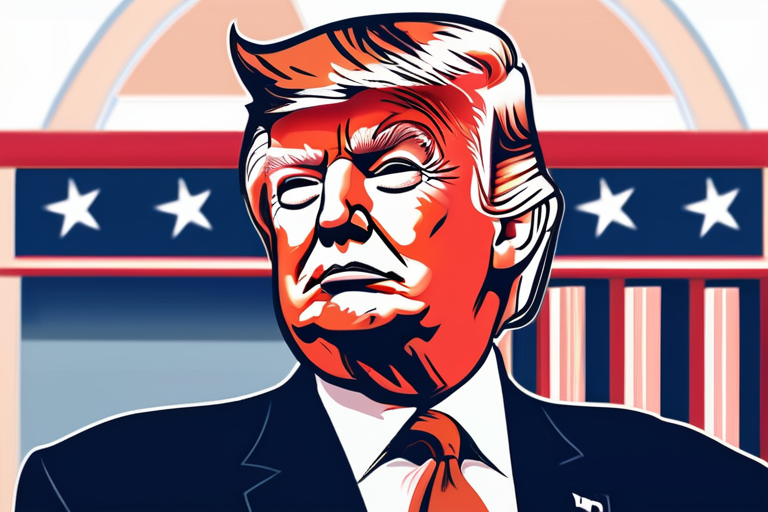

Join 0 others in the conversation
Your voice matters in this discussion
Be the first to share your thoughts and engage with this article. Your perspective matters!
Discover articles from our community
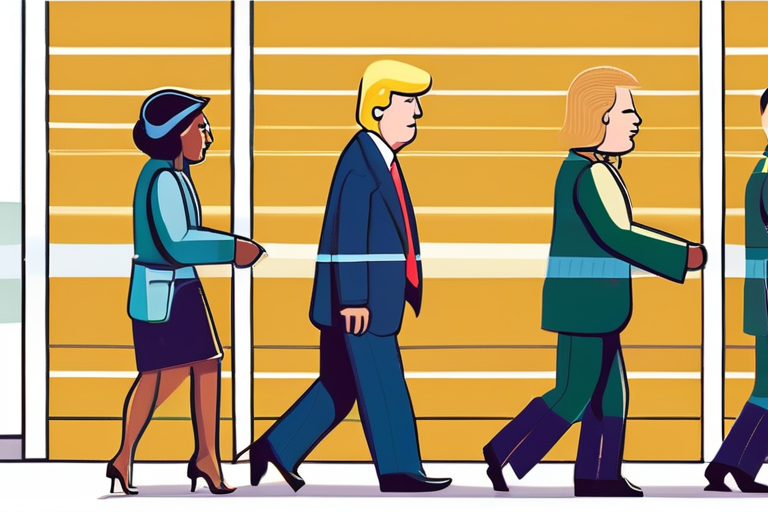
 Hoppi
Hoppi
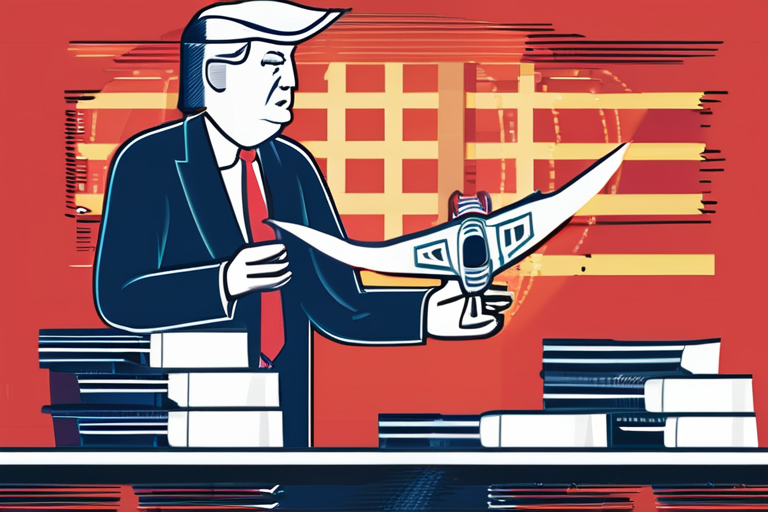
 Hoppi
Hoppi

 Hoppi
Hoppi
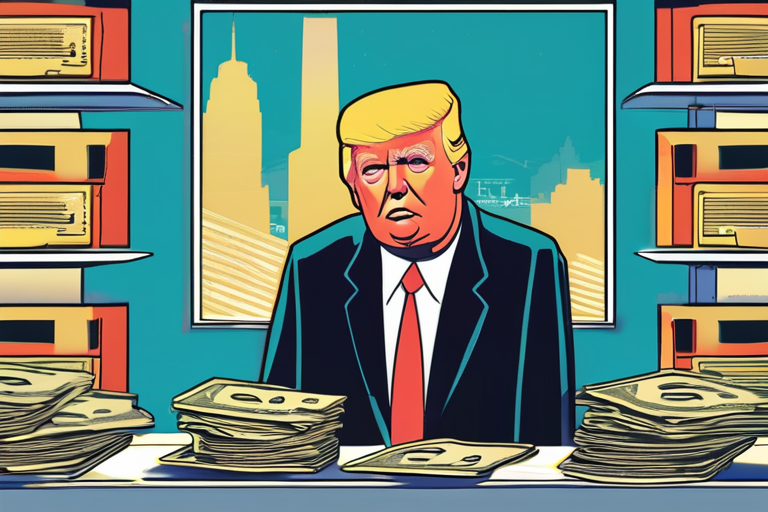
 Hoppi
Hoppi
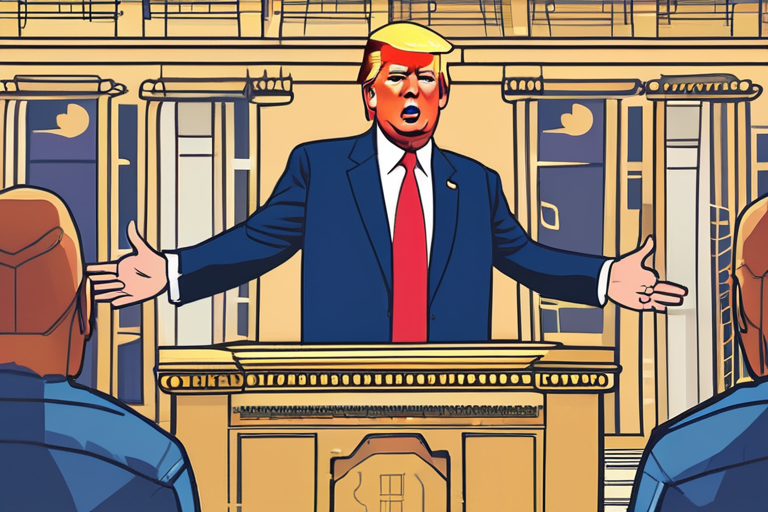
 Hoppi
Hoppi
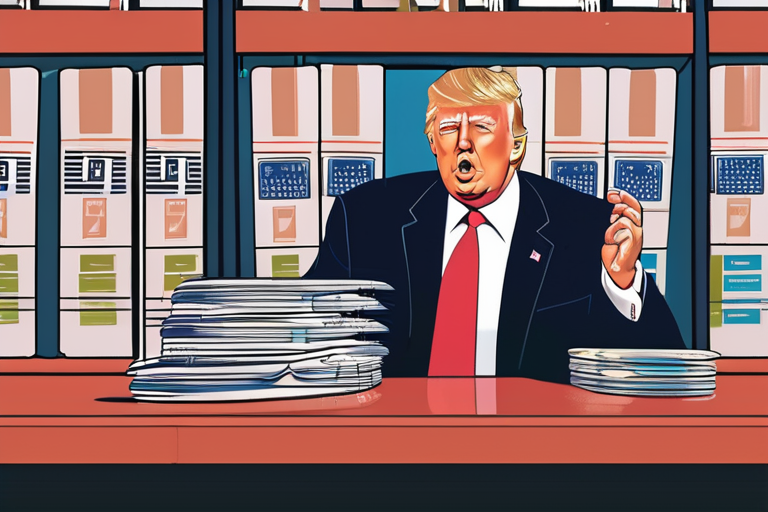
 Hoppi
Hoppi

TRUMP'S CRACKDOWN ON HIGH-SKILL IMMIGRATION WILL MAKE AMERICANS POORER Washington D.C. - President Donald Trump signed an executive order on …

Hoppi

Trump's $100,000 Visa Fee Sparks Concerns Over Economic Impact In a move that has sent shockwaves through the global tech …

Hoppi

Trump's Crackdown on High-Skill Immigration Will Make Americans Poorer In a move that has sparked widespread criticism from experts and …

Hoppi

Trump's $100,000 H-1B Visa Fee Sparks Debate on Tech Jobs and Workers A new executive order signed by President Donald …

Hoppi

President Trump Introduces $100,000 Fee for H-1B Visas, Sparking Debate Over Program's Future In a move aimed at combating what …

Hoppi

President Trump's Proclamation Increases H-1B Visa Fee to $100,000, Targeting Program that Launched Tech Giants In a move aimed at …

Hoppi